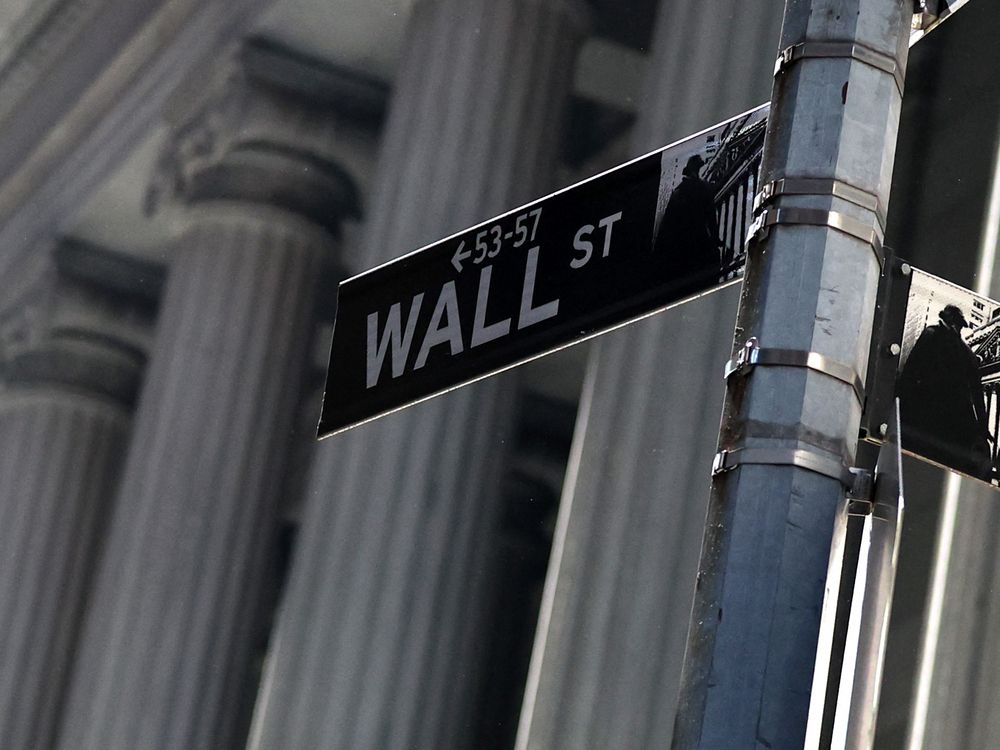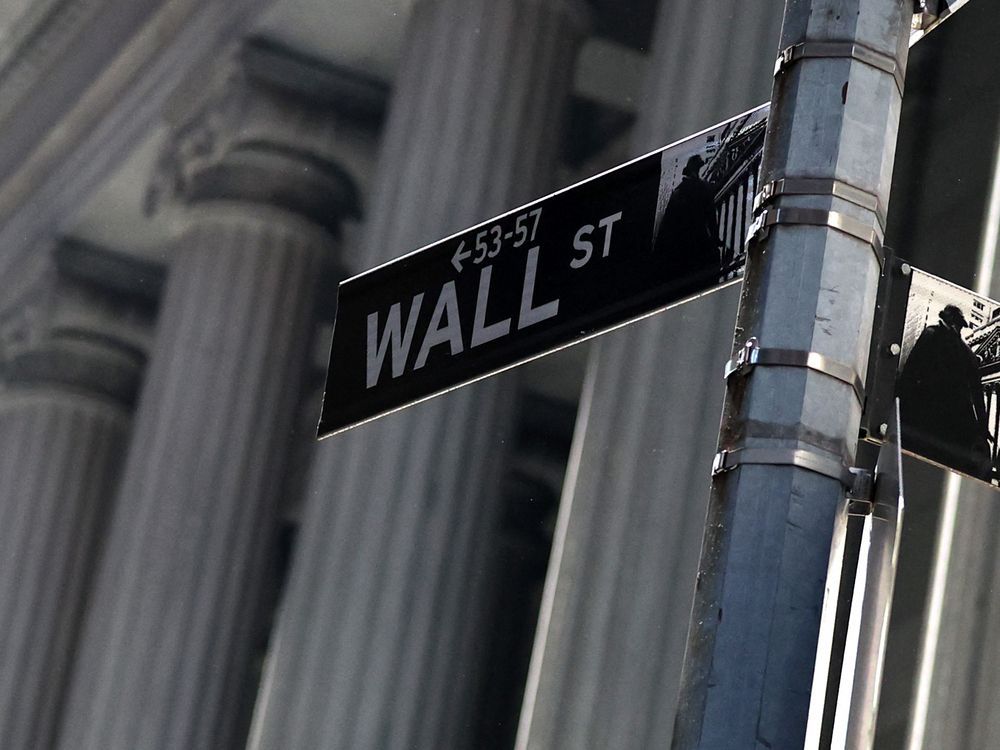Galaxy’s Nasdaq debut clears the path for Canada-U.S. listings

Galaxy aside, the trend has been waning, according to data from TMX Group Ltd., which operates Canada’s largest stock exchanges. Since 2021, the total number of Toronto Stock Exchange-listed companies with a dual listing in the U.S. has fallen by roughly 16 per cent, from 202 companies to 169, the data shows.
